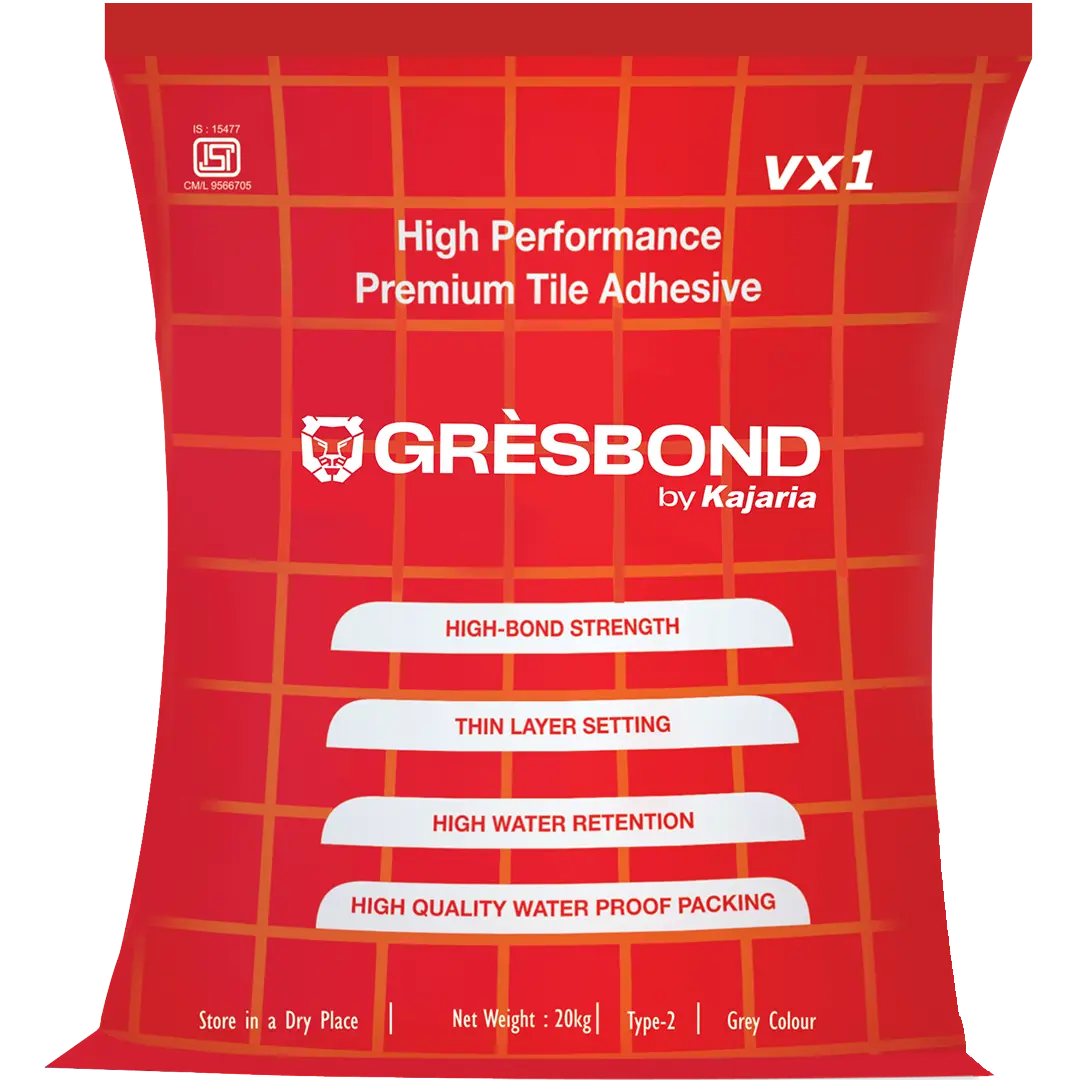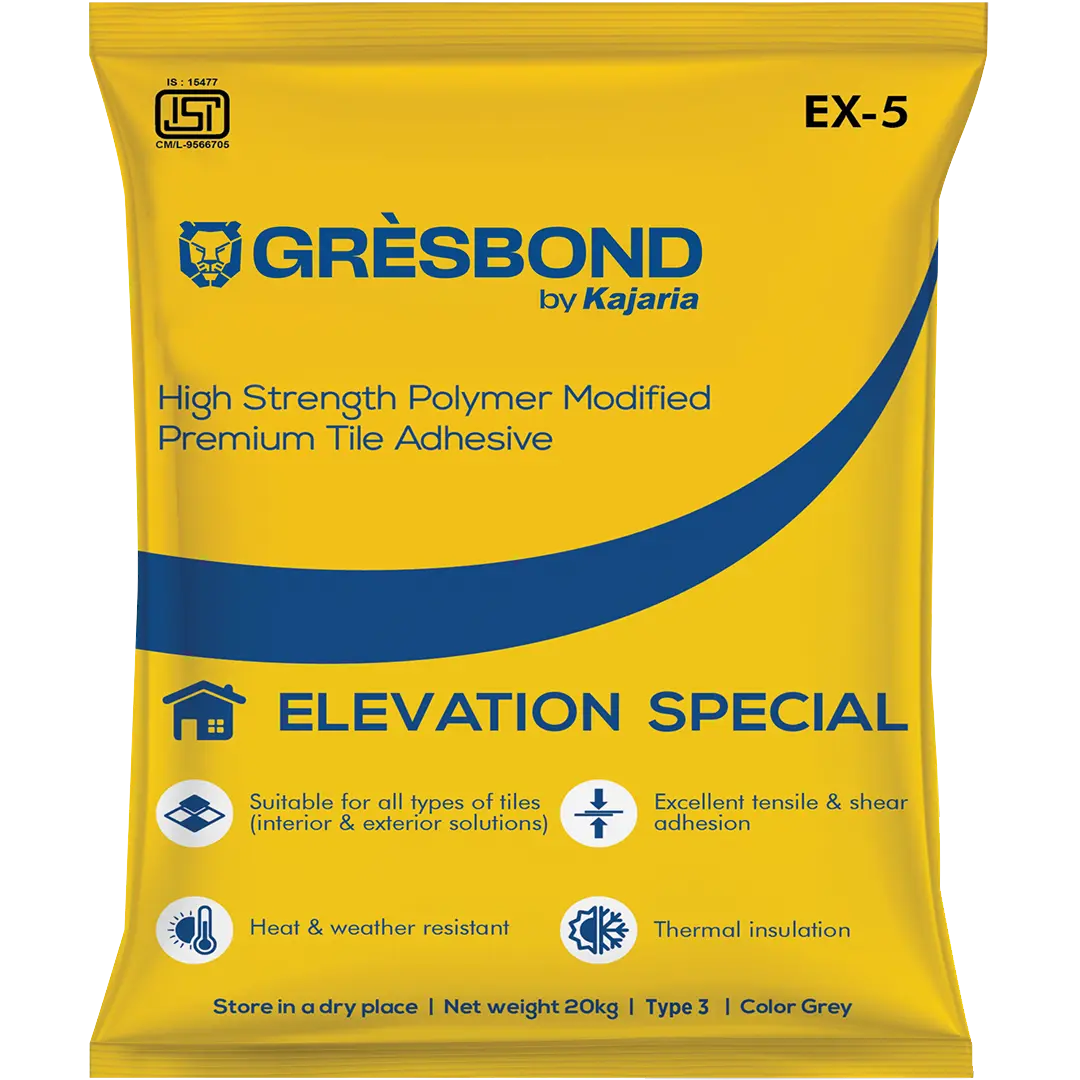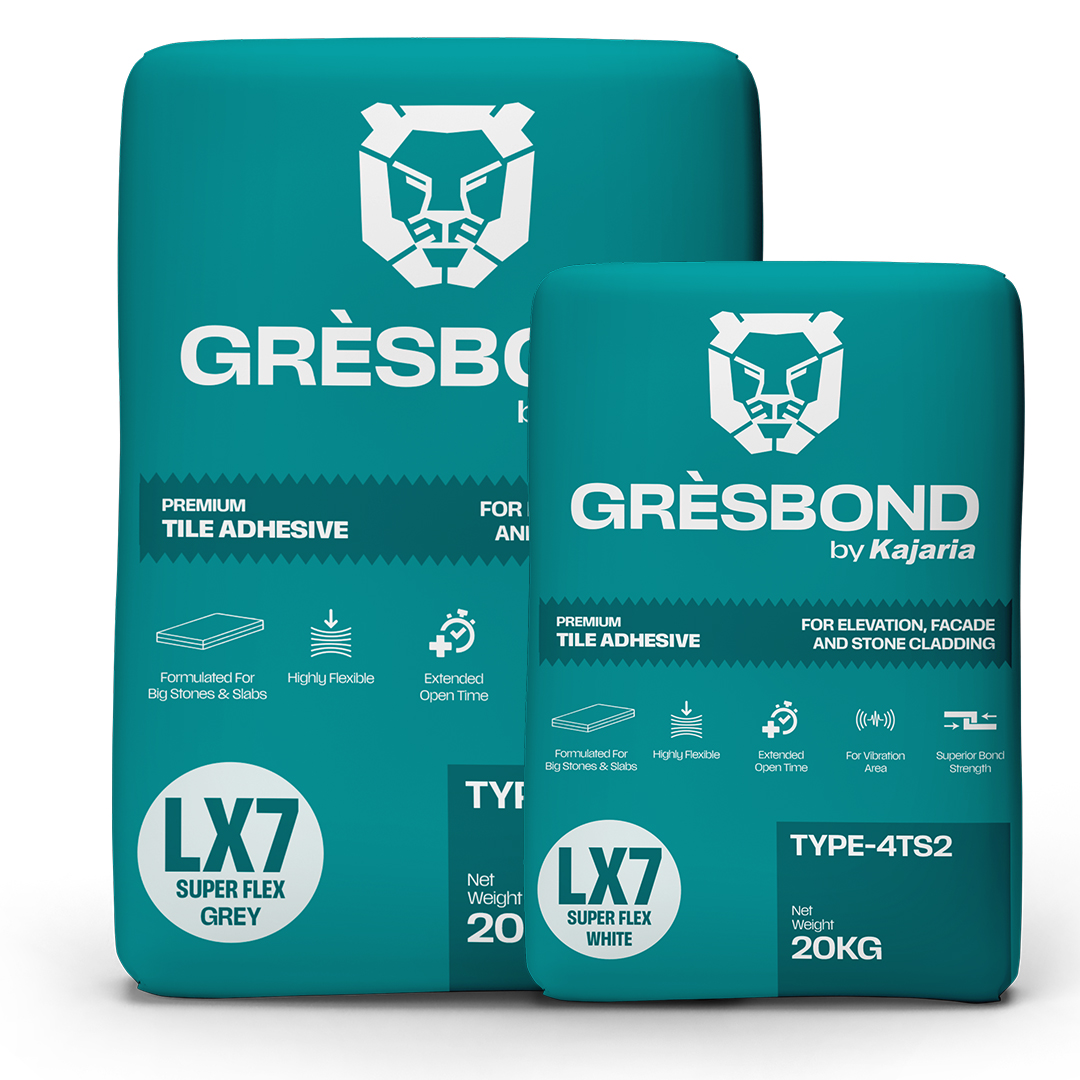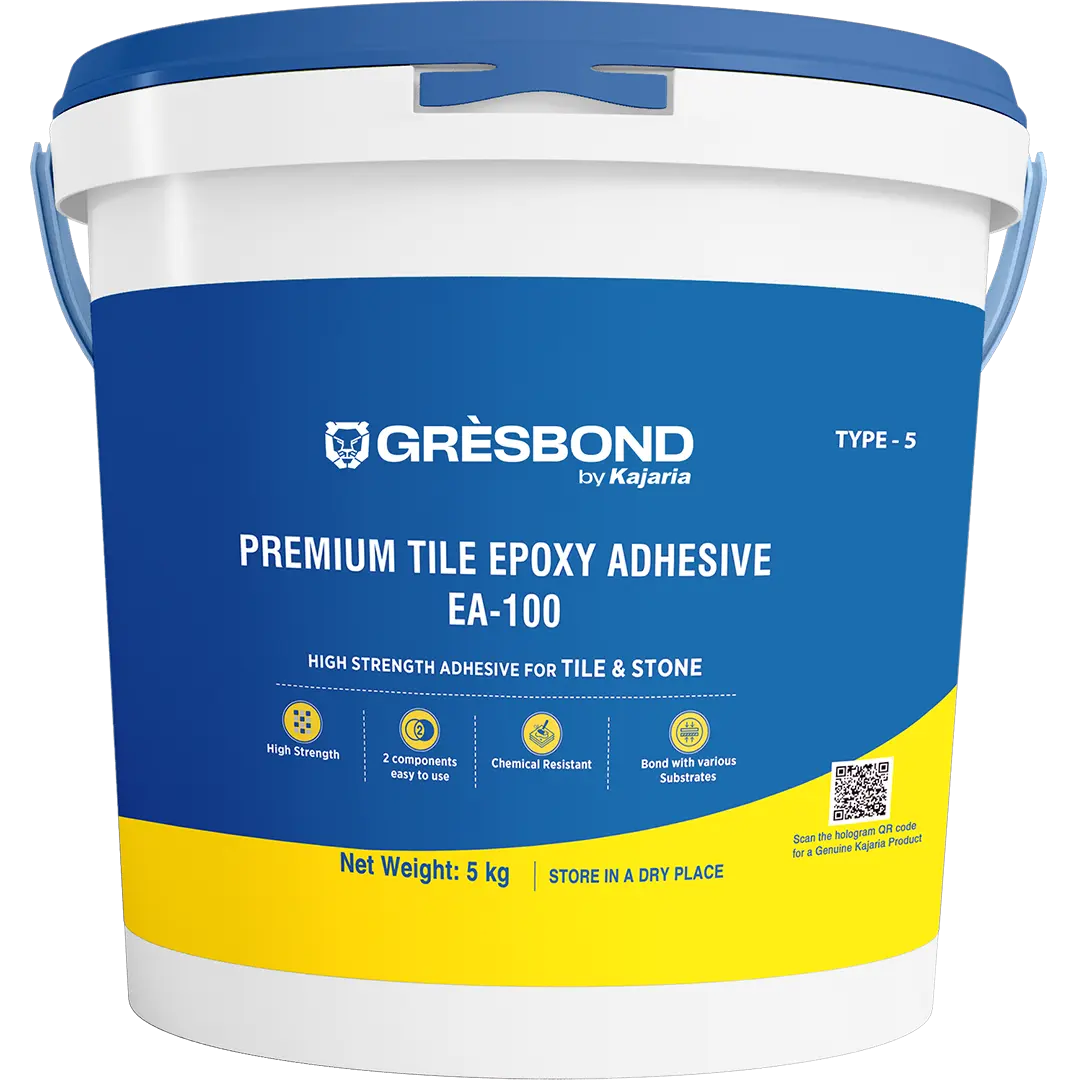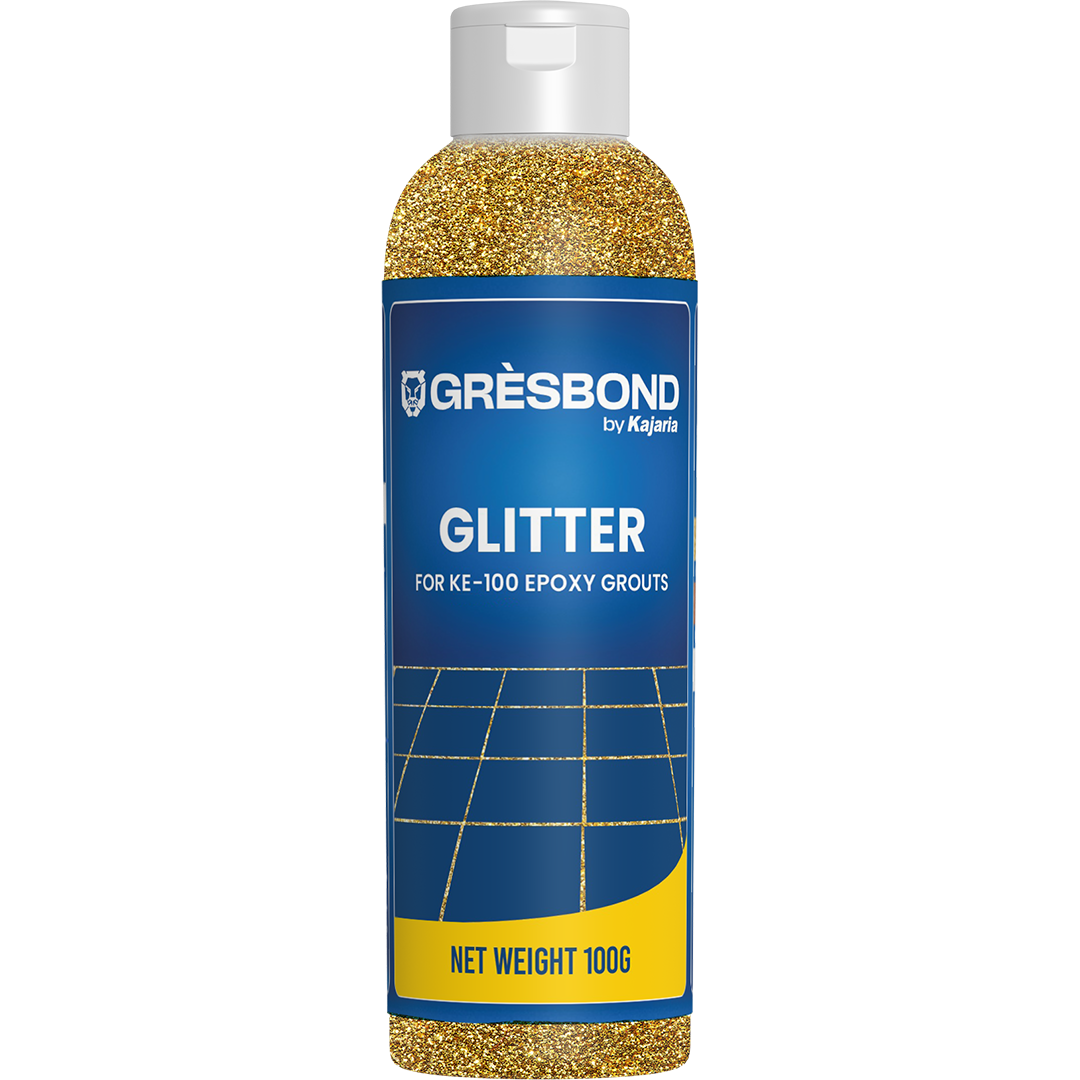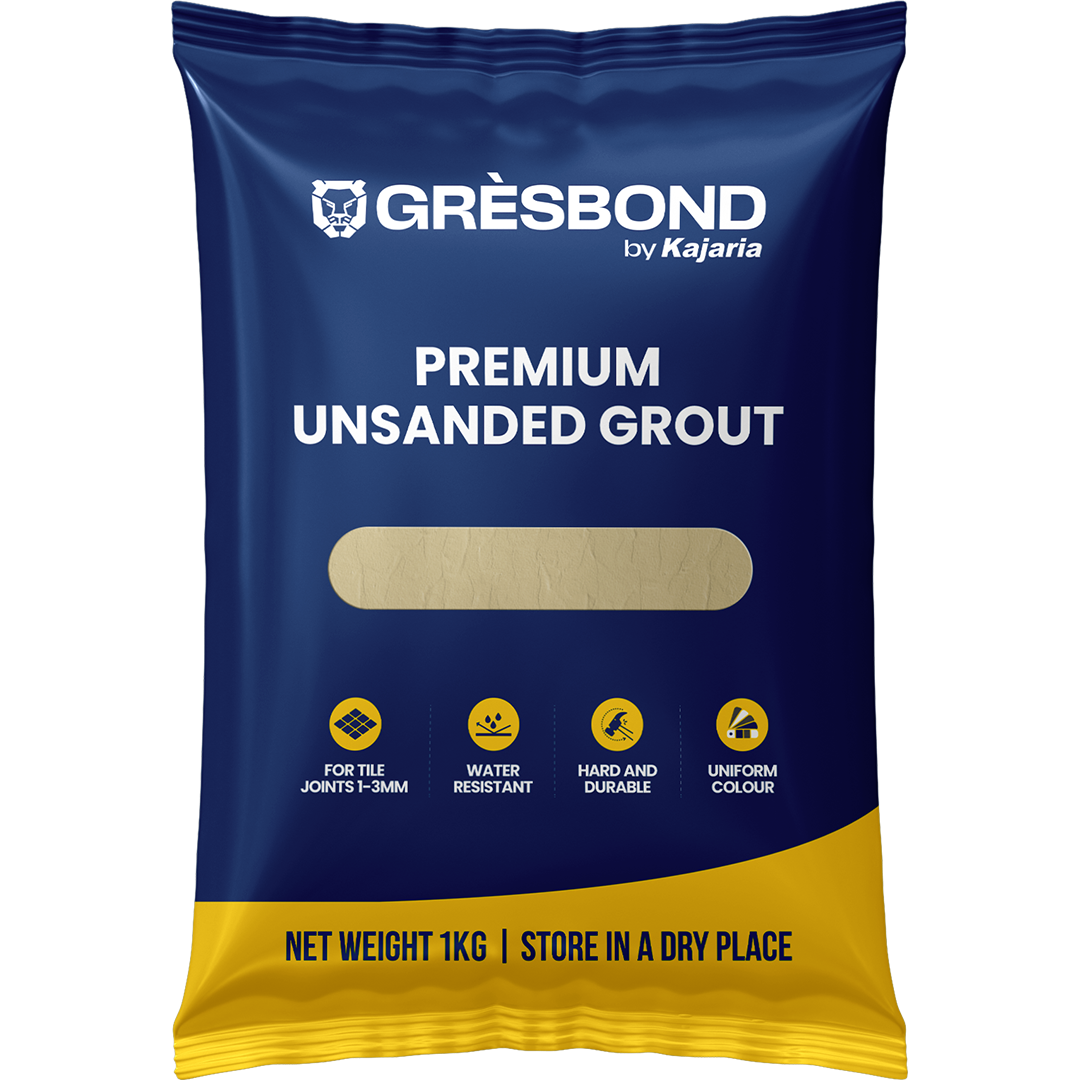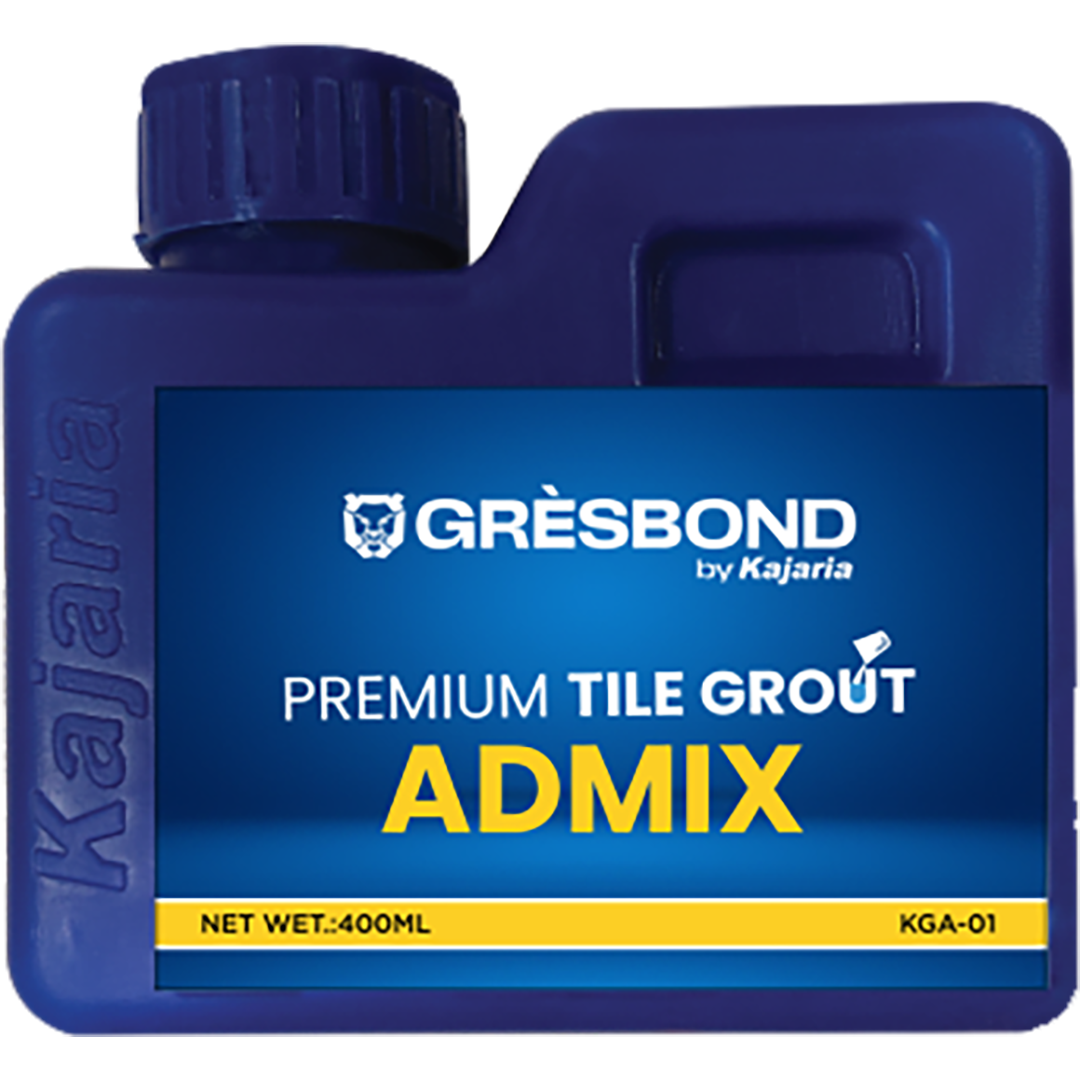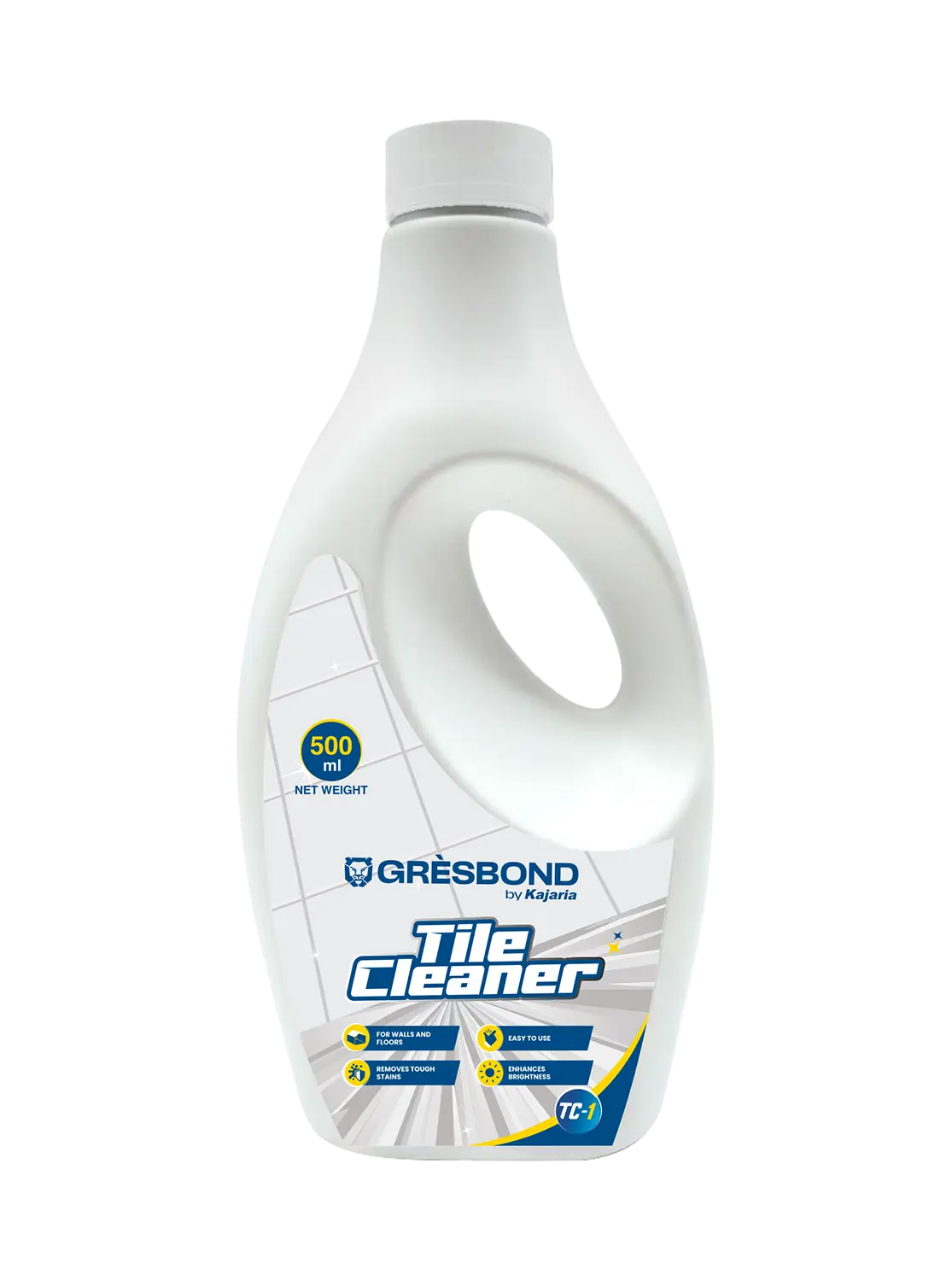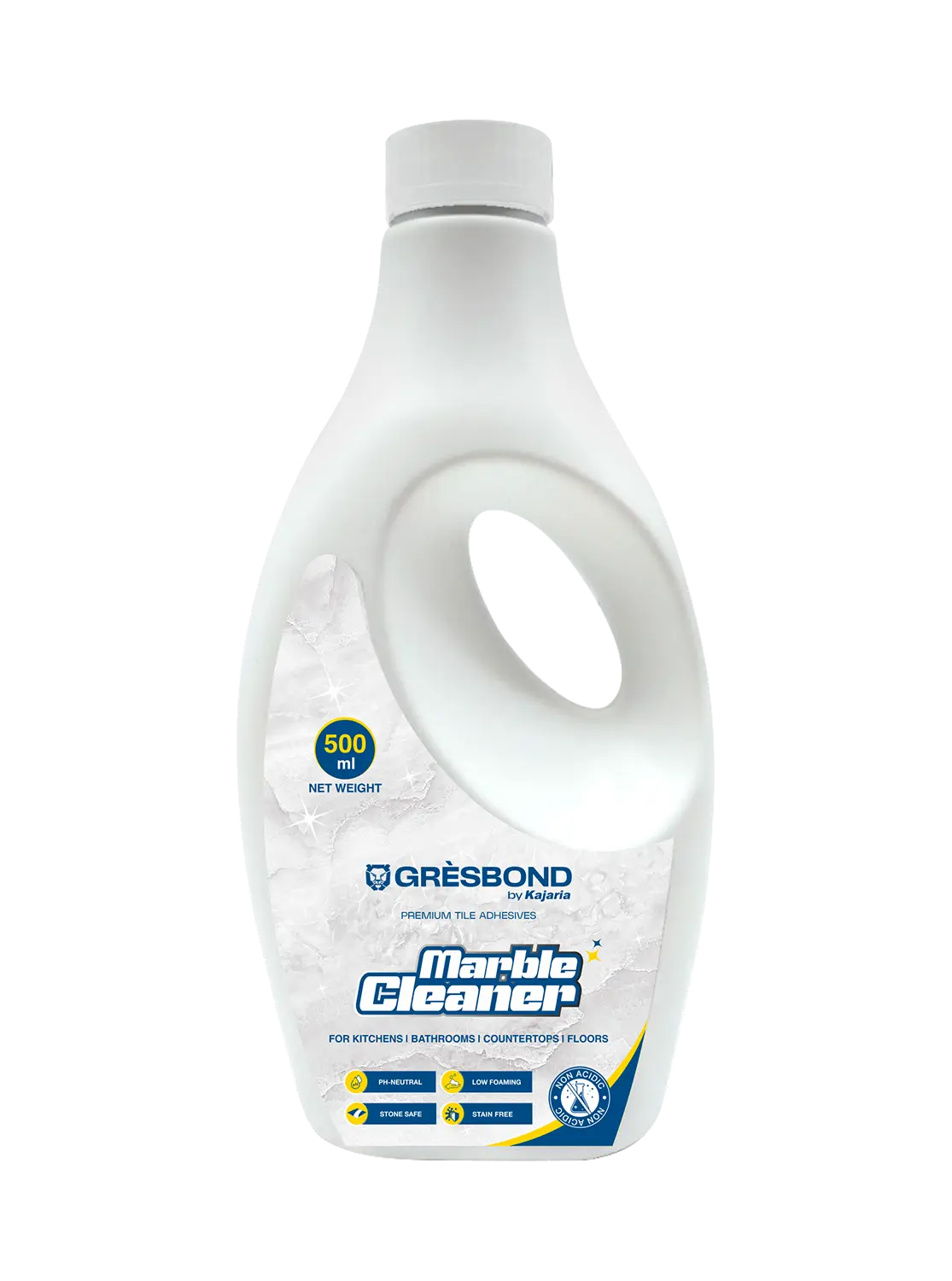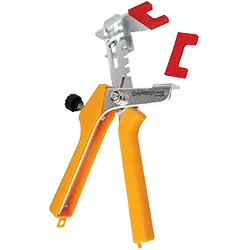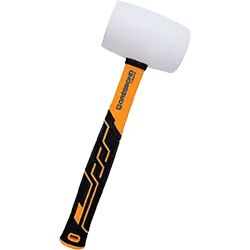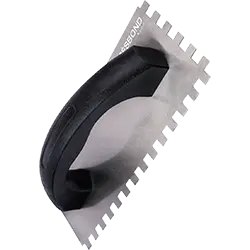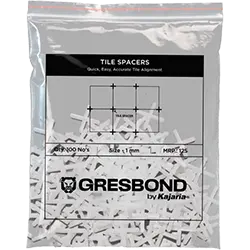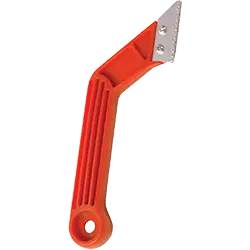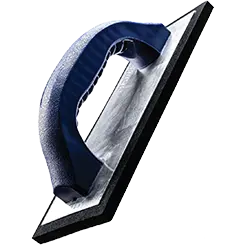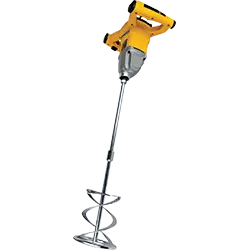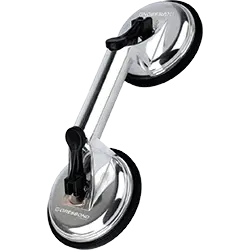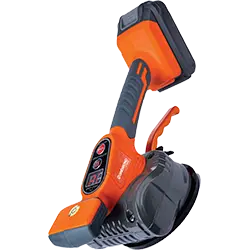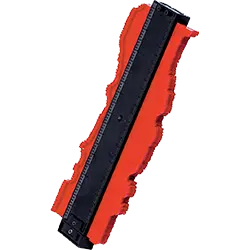Hand Trowel Guide: Best Uses for DIY Projects
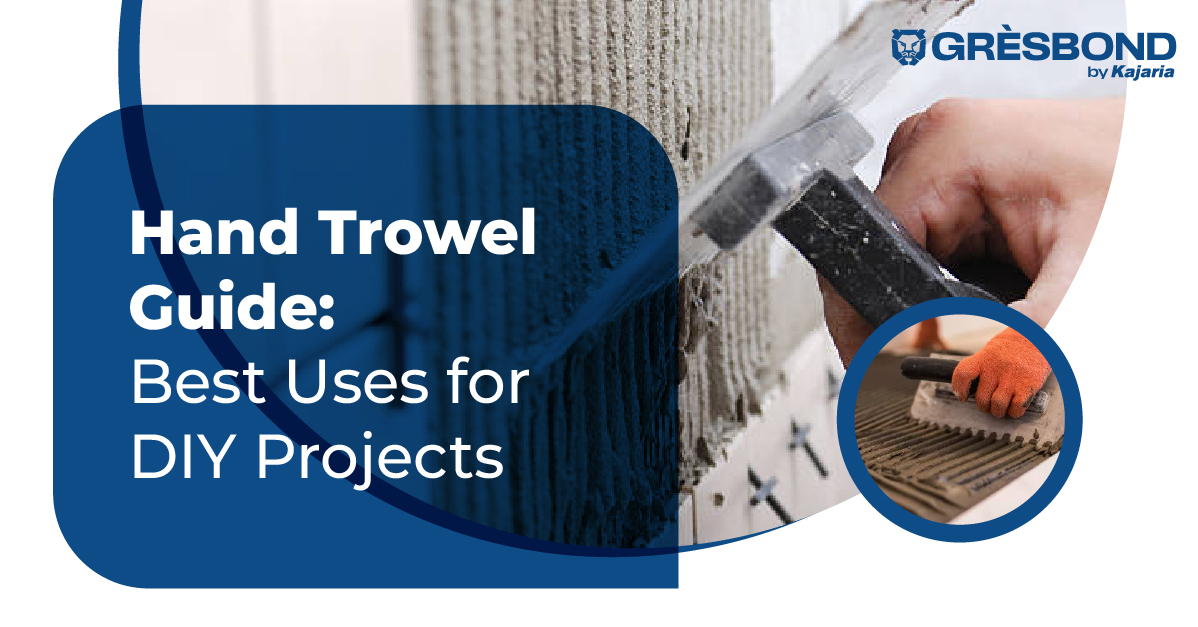
23
May 2025
Hand Trowel Guide: Best Uses for DIY Projects
If you're starting a new home improvement task, gardening venture, or perfect tile installation a hand trowel is one tool you definitely want in your kit. This small yet powerful trowel tool plays a big role in many DIY projects — from digging to spreading adhesive and more.
What is a Hand Trowel?
A hand trowel refers to a small, hand-operated tool with a pointed or flat-shaped blade and a handle. It is usually used for digging, planting, or smoothing cement or adhesive. This tool offers great control and versatility, making it appealing to all types of users, whether beginners or seasoned DIYers.
Types of Hand Trowels

One of the most popular types in tiling and construction is the CS-notched trowel. It is made of carbon steel and used in spreading tile adhesive evenly upon the floor.
- High wear-resistant carbon steel
- Close handle design for better grip
- Size: 230mm x 100mm x 0.8mm
- Available in 6 mm and 8 mm sizes
- Weight: 218 gm
Hand Trowel Uses in DIY Projects

1. Gardening
- Digging small holes for planting
- Weeding and transplanting
- Mixing soil with compost
2. Tile Installation
Using a CS notch trowel is an essential step in modern tile installation. It spreads the adhesive evenly across the surface, preventing air pockets and ensuring a strong bond between the tiles and the substrate. The notched ridges left behind not only facilitate uniform tile positioning but also provide a mechanical grip that holds tiles securely in place, enhancing long-term durability and reducing the risk of loosening or cracking. When paired with advanced epoxy grouts and adhesives, this technique represents the future of tile installation—delivering superior strength, chemical resistance, and lasting performance.
3. Plastering and Patching
- Apply and smooth plaster or filler
- Level out surfaces neatly
4. Concrete and Masonry Work
- Mix cement or mortar in small amounts
- Apply and smooth in tight spaces
Advantages of CS Notched Trowel
- Uniform adhesive spreading
- Forms air-release ridges
- Controls adhesive thickness
- Provides neat, level finishes
What Happens If You Don’t Use a Trowel?
- Poor adhesion, leading to loose tiles
- Trapped air causing cracking
- Uneven tile surfaces
- Increased risk of water damage
Tips for Using Your Trowel Efficiently
- Select notch size based on tile dimensions
- Use flat side first, then notched edge
- Slake adhesive properly before applying
- Clean after every use
Conclusion
Whether you're gardening, tiling, or repairing, a hand trowel is a must-have DIY tool. With the durable CS Notched Trowel, your work becomes neater, easier, and more effective. From balconies to bathrooms, this tool transforms basic DIY tasks into professional-quality results.



